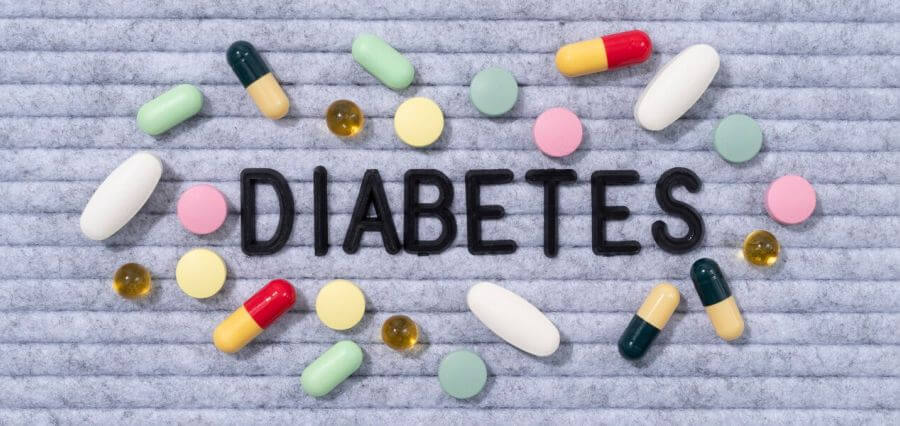In this article, we explore the ten most common accidents in hospitals healthcare professionals encounter in the UK…
As a place where patients go to have their illnesses cured and injuries treated, you might reasonably expect hospitals to be one of the safest places to be. However, for hardworking medical professionals, this is often not the case.
Between 2008 and 2011, nurses in the UK recorded an incredible 8,800 accidents in the workplace and, sadly, some of these led to claims for compensation under the Fatal Accidents Act after accidents led to the deaths of at least two healthcare workers.
Read on to find out the ten most common accidents that involve doctors, nurses and healthcare workers in UK hospitals…
- Bumping Into Equipment
As we’re only too aware, our UK hospitals are often dangerously overcrowded with barely enough space for the number of patients and amount of equipment needed for healthcare professionals to do their jobs. Every year, a significant number of medical professionals suffer from minor injuries to their arms and legs due to bumping into equipment such as trolleys in corridors and lifts. Injuries caused by bumping into equipment can include minor scrapes and abrasions to more serious cuts which require stitches.
- Trips and Slips
Spilt water and fluids on hospital floors can cause a major hazard for medical staff. Between 2008 and 2011, there were 300 reported cases of broken arms or legs and 50 skull fractures caused by trips and falls by healthcare employees in UK hospitals. This has prompted the NHS to create specialist workshops for its staff in an attempt to reduce the number of employee accidents of this kind.
Head injuries are a particular concern when it comes to falls in hospitals and will often lead to legal action if they result in the individual being unable to work.
- Needle Scratches
A significant number of hospital staff report being accidentally pierced or scratched by hypodermic needles which have not been disposed of properly. Whilst there are strict guidelines within hospitals for the disposal of such equipment, accidents can happen when staff are overwhelmed.
As well as the actual puncture injury itself, this kind of accidents also carries the danger of bodily fluids being transferred to the medical professional during the incident.
- Repetitive Strain Orders
As with some other occupations, nurses, doctors, porters, and other staff will often suffer from repetitive strain injuries (RSI). These are injuries which occur when a person performs the same physical task repetitively throughout the day.
RSI can affect those on the front line of the medical world as well as those working in admin, where typing and filing can result in this kind of injury. Although not deemed serious, RSI can have long-term effects on the sufferer if not treated correctly.
- Exposure to Substances
In 2022, nobody needs to be told about the dangers of airborne pathogens when it comes to our health. Nurses and doctors come into contact with patients suffering from viruses and other infections on a daily basis.
Even when wearing personal protective equipment, people can occasionally contract the ailment from their patients in the course of their work. Exposure to illnesses can be fairly serious, particularly if the individual has an underlying medical condition or other vulnerability.
- Exertion
For many hospital employees, the lifting and carrying of people and equipment is an integral part of the job. However, this is a task which can leave them susceptible to injury, in particular, back issues.
The charity, BackCare has revealed that in excess of 800,000 nurses suffer a back injury in the course of their work. What’s more, 3,600 of these injuries are so severe that it leads to early retirement on health grounds. Back pain and injuries can be incredibly debilitating and can severely impact the sufferer’s quality of life.
- Violence Towards Hospital Staff
It’s a sad fact that doctors, nurses and other healthcare employees face the very real danger of violence every single day that they go to work. From people taking out their frustration at the long waiting times to mental healthcare patients, figures show that patients commit violence against 200 healthcare workers every day.
A&E doctor, Dr Jess Brittain-George, says: “Most NHS staff can say they’ve been attacked or felt unsafe at work, especially those of us on the front line.”
As well as A&E staff in hospitals, paramedics and ambulance staff are frequently exposed to violence. Paramedic Mike Jones of SWASFT’s Violence Reduction unit says, “We are disappointed by this concerning rise in violence and aggression towards our colleagues. These incidents included our control room colleagues being verbally abused and our ambulance crews being threatened, kicked, pushed, punched, spat at and subjected to other inappropriate behaviour. It is unacceptable to abuse and assault our staff, and it must stop”.
- Ambulance Driving
There are 53 ambulance services within the UK, providing vital emergency care to patients who are ill or injured. The very nature of the job of an ambulance driver means that, often, driving at speed is required in order to save a patient’s life.
Unfortunately, with fast driving comes the occasional accident leading to injuries to ambulance personnel. On the 12th of May this year, a paramedic and a patient were taken to hospital after an ambulance was overturned during a crash in Leicester. Thankfully, neither was seriously hurt.
- Back Pain
As well as the risk of injury due to traffic accidents, figures show that a significant percentage of paramedics and ambulance staff suffer from lower back pain. This is mainly caused by repeated stooping in order to transfer patients onto stretchers and then, subsequently, lifting the stretcher into the ambulance.
- Burn Injuries
Hospital kitchens are often incredibly busy, with a large number of staff working hard to make sure that patient meals and drinks are served on time. While most hospital kitchens run extremely efficiently, burn injuries to staff are not uncommon, although, thankfully, most are not serious enough to require treatment.
Even Doctors Get Injured
UK hospitals employ 123,727 doctors, 332,341 nurses and 33,907 managers. All of these people work tirelessly to save lives and relieve suffering. Whilst the occasional accidents can be expected, and as with any other type of workplace, it’s clear that overwork and overcrowding are factors which very much add to the problems.
As well as working to prevent accidents within hospitals, the NHS and the government have launched a number of initiatives to stamp out violence and aggression toward hospital staff and paramedics, including tougher sentences for offenders. Quite simply, nobody should have to face violence in the workplace for any reason, and NHS employees have welcomed these new initiatives.
Read More Articles: Click Here















